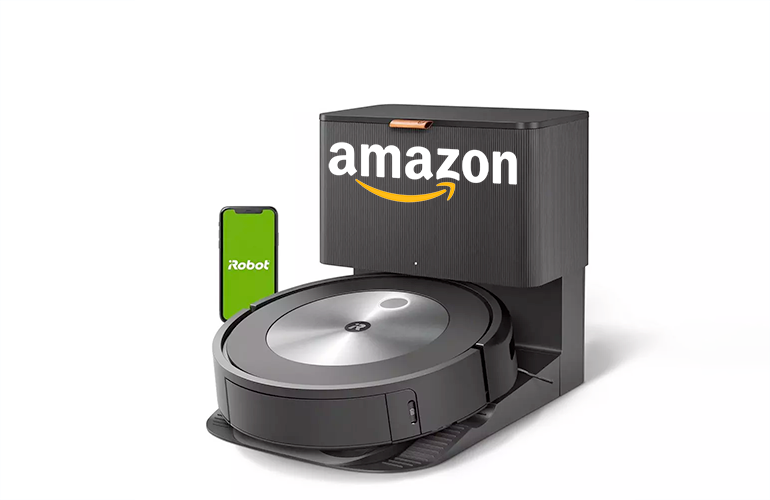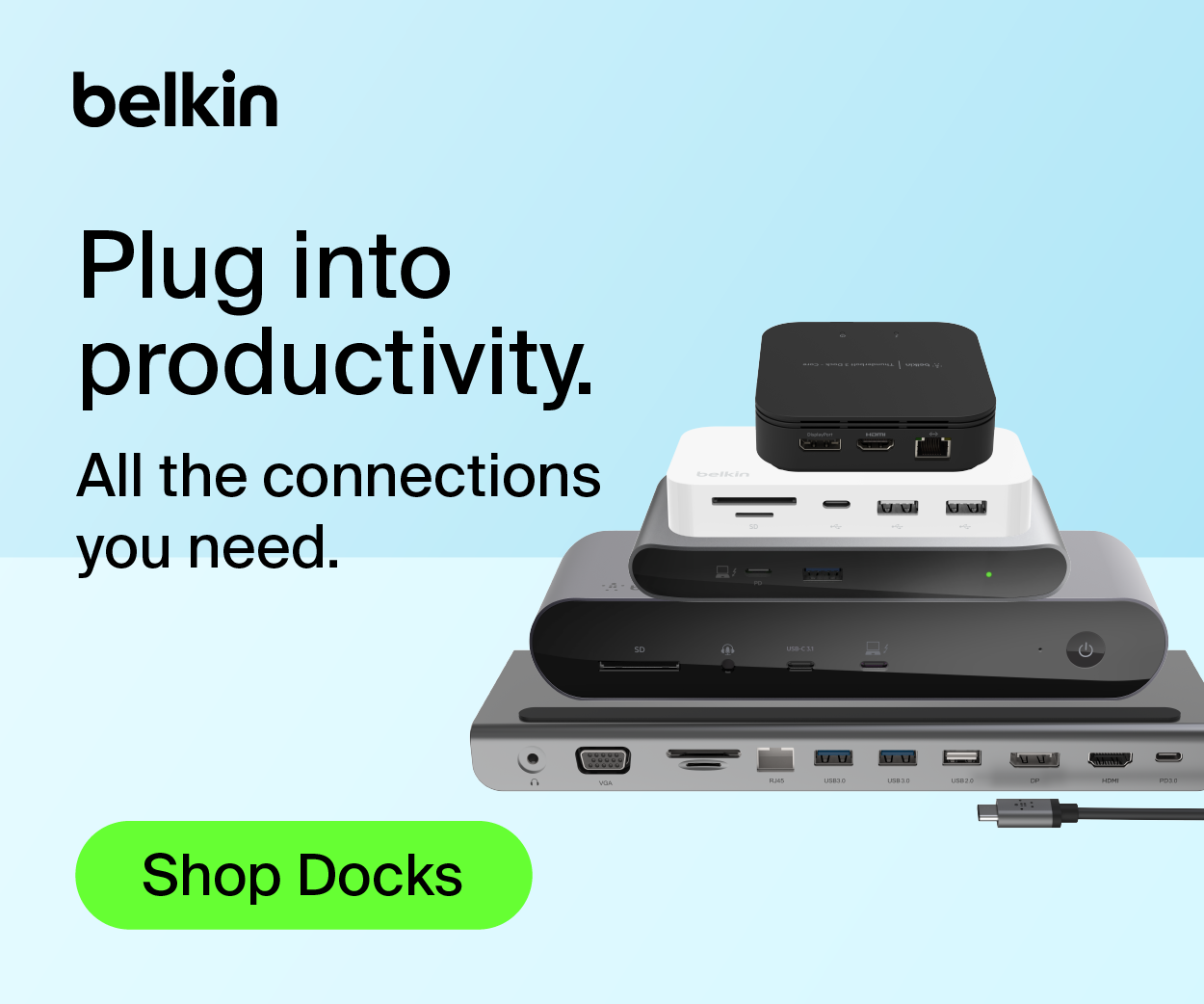At the end of January this year, Amazon’s U$1.4 billion acquisition of robot vacuum maker, iRobot, was scrapped.
As ChannelNews previously reported, regulators in the US and EU regarded the deal as a threat to competition.
Concerns included the disadvantage it represented to rival robot vacuum cleaners in Amazon’s online marketplace. They suspected that post the acquisition, Amazon would kill competition in the robot vacuum market by favouring iRobot’s Roomba on its e-commerce platform.
The collapse of the deal dealt a tough blow to iRobot. It reportedly laid off 350 employees – 31 per cent of its workforce – and Colin Angle, iRobot’s co-founder, announced he was leaving his own company.
At a recent Consumer Technology Association’s honours dinner in Washington DC, Angle reiterated his disdain for regulatory regimes in the US and Europe that were forcing companies like his to lose out to competition, especially in China.
He said that in 2019, iRobot “began facing a new breed of competitor – the Chinese fast follower – companies subsidised strategically by the Chinese government who invested in innovation, companies able to prosper in their home market, which became effectively closed to us, giving them the opportunity to scale.
“At the same time, we faced US-imposed tariffs, which threatened to reduce our ability to invest in R&D and tied up needed working capital,” Twice reported him as saying at the event.
The deal with Amazon was iRobot’s way to help battle government-supported Chinese competitors and “re-establish leadership in the consumer robotic industry by taking it in directions our competition would be challenged to follow.” He noted that iRobot’s Roomba product would enable “the US to maintain its leadership in this critical emerging market.”
CTA chair Gary Shapiro, has also reportedly backed Angle’s views and extended the argument to several other major tech companies which are increasingly coming under the magnifying glass.
“While companies like Amazon, Apple, Google, and Meta are creating products that Americans love and rely on, leaders in the administration have launched campaigns alleging that ‘big is bad’ and punishing success,” said Shapiro. “They’ve attempted to stop big companies from buying smaller ones, limiting economic growth, hurting jobs, and slamming the brakes on VC investment in promising startups. That’s bad for all companies – big and small.
“And the problem doesn’t stop in Washington, or even at our national borders. At the FTC, regulators are working in partnership with foreign governments to launch antitrust suits against American companies. Can you imagine that happening in China? Or in Europe? Or in any of the countries hoping to become the next global leaders in cutting-edge sectors?”
Over in the EU, antitrust regulators have recently opened investigations into Apple, Google and Meta for breaching the new Digital Markets Act and to stop them from gaining an unfair market advantage.
Here in Australia, in February 2020, the Australian government directed the Australian Competition and Consumer Commission (ACCC) to conduct an inquiry into markets for the supply of digital platform services.
These include internet search engines, social media, online private messaging services, digital content aggregation platforms, media referral services and electronic marketplaces. It also covers digital advertising services supplied by digital platform service providers and the data practices of both digital platform service providers and data brokers operating in Australia.
The ACCC provided the Treasurer with an interim report on the inquiry on September 30, 2020, and has since then tabled interim reports every six months until the inquiry concludes with a final report due by March 31, 2025.














































